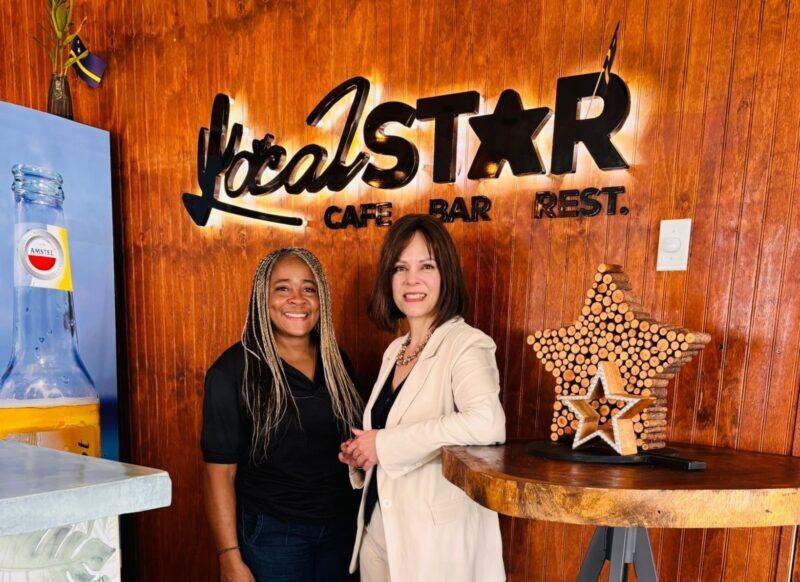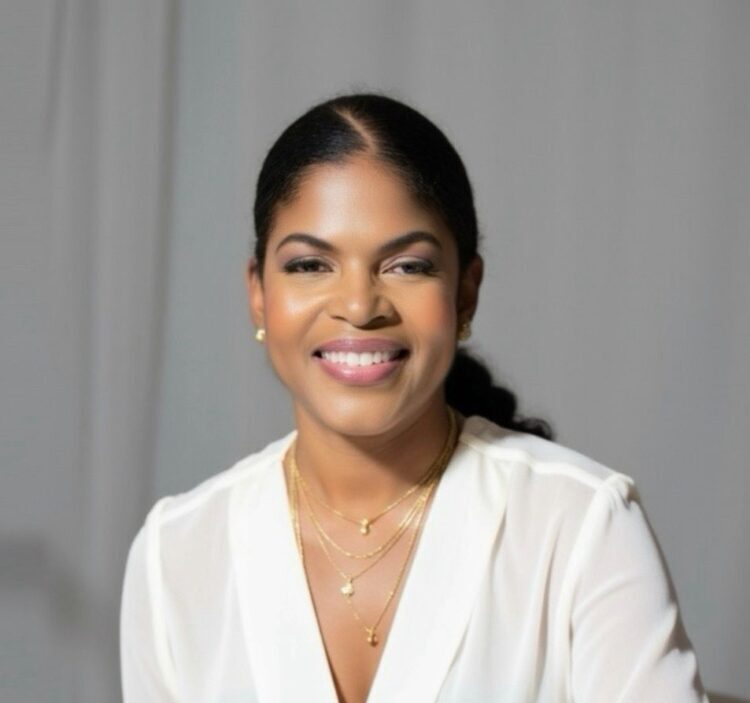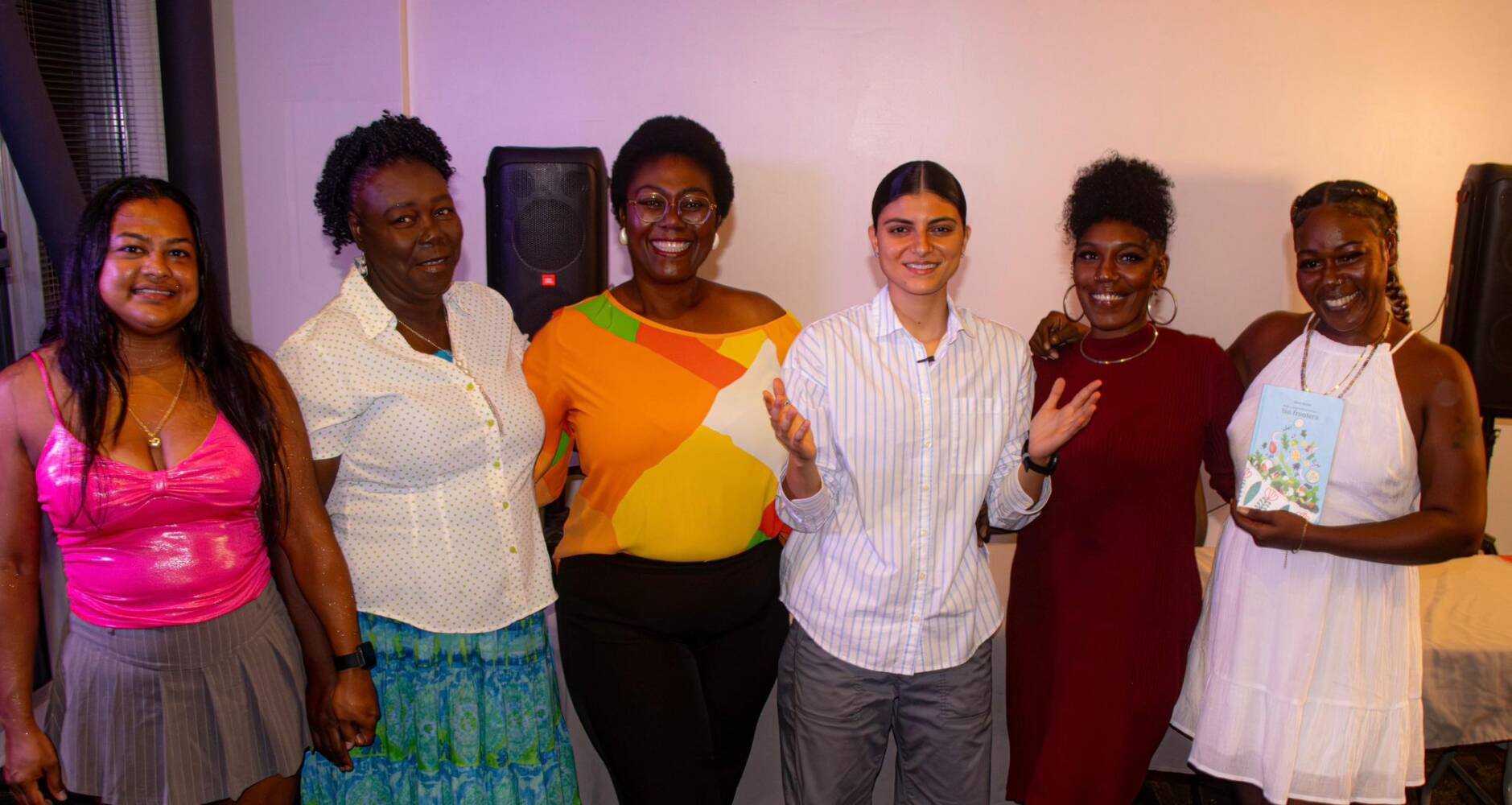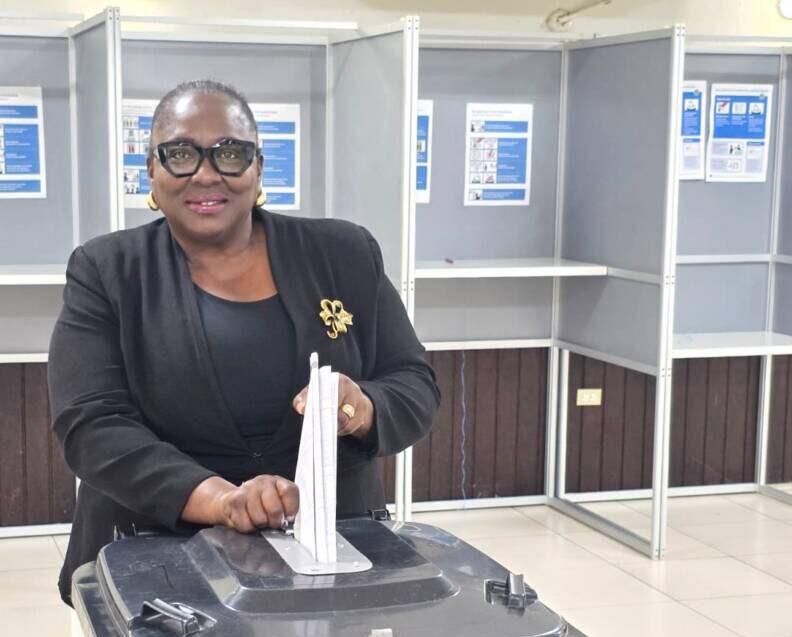WAGENINGEN – Caribbean students are also getting ready for an anti-racism protest in Wageningen on Sunday. “Yes, these have been difficult weeks. But you know what? As a black man, I finally feel alive”, says former student Percy Cicilia Jr.
On Sunday he’ll climb the podium, to give a speech to a group of protesters expected to amount to one thousand. “Wageningen is the most inclusive city in the entirety of the Netherlands, but I still experience racism here on a daily basis”, says Cicilia.
He can recall plenty of examples, just like others do on social media. The racists jokes, the looks, and how they treat him when he’s shopping.
“I’ve been asked plenty of times: ‘can I take a quick look in your bag?’ And otherwise you’re just hoping that the alarm doesn’t go off, because that’s humiliating. Even when it didn’t go off, I would still get called back even though I had just paid at that cashier.”
He experiences nasty jabs on a daily basis, as do other people of color. “I understand that as a black person, I shop differently. When I pick something up, I want the product to remain extra visible, in the hopes that they can see that I’m not trying to steal.”
“I never used to talk about racism, until this week”
Talking about it, feels like a sort of coming-out. “I use my phone to make recordings, I talk to myself. Also as an input for the speech later. And that’s something, because I only used to talk about racism to people I know well. Never openly on social media.”
“Until this week”, says Cicilia, who’s a photographer and dance teacher in daily life. He was also at one of the many anti-racism protests organized in the Netherlands. “Ever since that day, something changed in me. At the end of the event we couldn’t believe it, we were reborn.”
“You learn about the colonial history and about who you are. You don’t talk about it, because you remain calm and hopeful that it will all work itself out one day, while your being discriminated against.”
“And then there you are, standing on a field together, with people who experience the same; people who support you, black, white, red, yellow, men, women. That’s when it hit me, that I’m not the only one who experiences discrimination daily and that I can make a change. I looked around and realized that there were thousands of us.”
Universities in the Netherlands need to take steps now
Everything that Percy Cicilia Jr. said is recognizable, says Jerry Gumbs. “And I can imagine that a lot of black people experience this period as emotionally draining. But it energizes me personally.”
Gumbs himself helped organize the protest on Sunday and will be taking the stage. He has also been successful in getting attention because of the petition he started to end racism at the Universiteit Wageningen. In February a student housing building, where a lot of Chinese individuals reside, was covered in racist graffiti.
“Racism is an uncomfortable topic. It immediately elicits a response, but weirdly enough not from this university”, says master student Gumbs (Environmental Sciences). “The dean answered immediately that he wanted to talk to me, other international students, employees, and supervising organizations.”
‘Is the name of your university one that you can carry with you proudly?’
“Such a speedy response is positive. On the other hand, it’s sad that people only react when we point things out to them. I hope that other universities will take responsibility and tackle racism at their institutions.”
“I’m calling on students to demand that this happens if they don’t. Because let’s not forget”, says Gumbs, “the name of your university will appear on your resume for the rest of your life. Is that a name that you can carry with you proudly?”
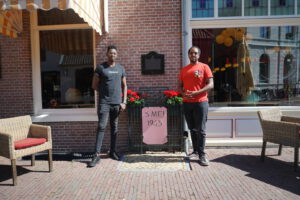
Jerry Gumbs (left) and Percy Cicilia Jr. (right). “Freedom is important, let’s continue working towards that, for everyone, on a daily basis”, says Gumbs.





